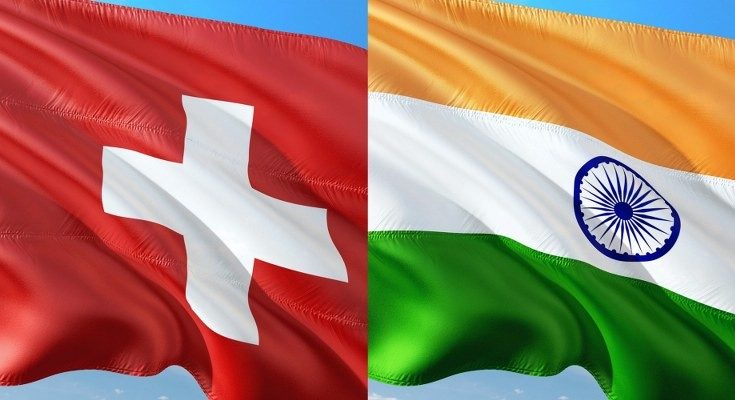#India EFTA deal# TEPA ratification# Maya Tissafi# Swiss investments in India# Swiss-Indian Innovation Platform
IBNS/CMEDIA: Switzerland has completed the ratification of the landmark trade agreement between India and the European Free Trade Association (EFTA), which will reduce trade barriers and significantly expand market access for Swiss exports to India, PTI reported.
Swiss Ambassador to India, Maya Tissafi, called the ratification a “significant milestone” in Switzerland’s bilateral ties with India.
Speaking to PTI, the envoy confirmed that the Trade and Economic Partnership Agreement (TEPA) is expected to come into force in October.
Under the agreement, the EFTA countries — Switzerland, Iceland, Liechtenstein, and Norway — plan to invest USD 100 billion in India over the next 15 years. Iceland, Liechtenstein, and Norway have already ratified the pact, which was signed in March following nearly 16 years of negotiations.
“At midnight yesterday (Swiss time), the referendum deadline for the EFTA-India TEPA officially expired. With no referendum, the Swiss people have expressed their tacit approval of the agreement,” Tissafi posted on social media.
Switzerland’s ratification follows more than seven months after the Swiss Council of States approved the deal.
“The TEPA paves the way for long-term cooperation between our countries. Apart from reduced tariffs, it will help streamline customs procedures, enhance intellectual property protections and establish a framework for sustainable trade practices,” Tissafi told PTI.
One million job creation expected
She added that the EFTA states would invest USD 100 billion and help create one million jobs in India over a 15-year period, describing it as a “win-win situation” for all involved countries.
Swiss investment in India on rise
Currently, Switzerland ranks as the 12th-largest investor in India. According to the envoy, Swiss investments in India have risen sharply over the past 25 years — from CHF 551 million (approximately ₹5,935 crore) in 2000 to CHF 10 billion (₹1,07,736 crore) in 2024.
Tissafi said the TEPA is set to take effect in October, with some goods categories facing progressive tariff reduction over up to 10 years.
She noted that the Swiss government’s priority will be the successful implementation of the TEPA for Swiss firms investing in India.
“To this end, we are partnering with business associations in Switzerland and India and with Indian authorities at the central and state levels. The opening of the EFTA Desk in February is one measure that facilitates investments from EFTA countries in India,” she said.
More than 330 Swiss companies are already operating in India in fields such as engineering, services, precision instruments, chemicals, and pharmaceuticals. Indian companies, meanwhile, have a presence in Switzerland in sectors like IT, pharmaceuticals, and machinery.
77 Years of Swiss-India bilateral ties and growing cooperation
Reflecting on broader ties, Tissafi said the bilateral relationship has evolved over the last 77 years since the signing of the Treaty of Friendship.
“Our multi-sectoral cooperation covers diverse areas, including diplomacy, economy, trade and investment, education, research and innovation, skills development, vocational education and training, development, climate change and disaster-risk reduction, and culture. This relationship has been reinforced over the years through regular high-level visits,” she said.
Climate, innovation and strategic projects in focus
The envoy noted that the relationship is on an upward path, citing progress in several areas — from the signing of TEPA to collaborative efforts in climate action, disaster-risk mitigation, and environmental initiatives.
“The TEPA underscores our commitment to enhancing trade and economic ties between our two nations. Another notable advancement in our partnership is also the launch of the Swiss-Indian Innovation Platform in Bengaluru in October 2023,” she said.
The platform links Indian Institutes of Technology (IITs) and Swiss technical universities with major private sector companies from both nations to encourage strategic innovation collaboration.
Swiss firms in India are active in sectors such as machinery, electrical engineering and metals (MEM), services, ICT, software, medtech, and construction.





